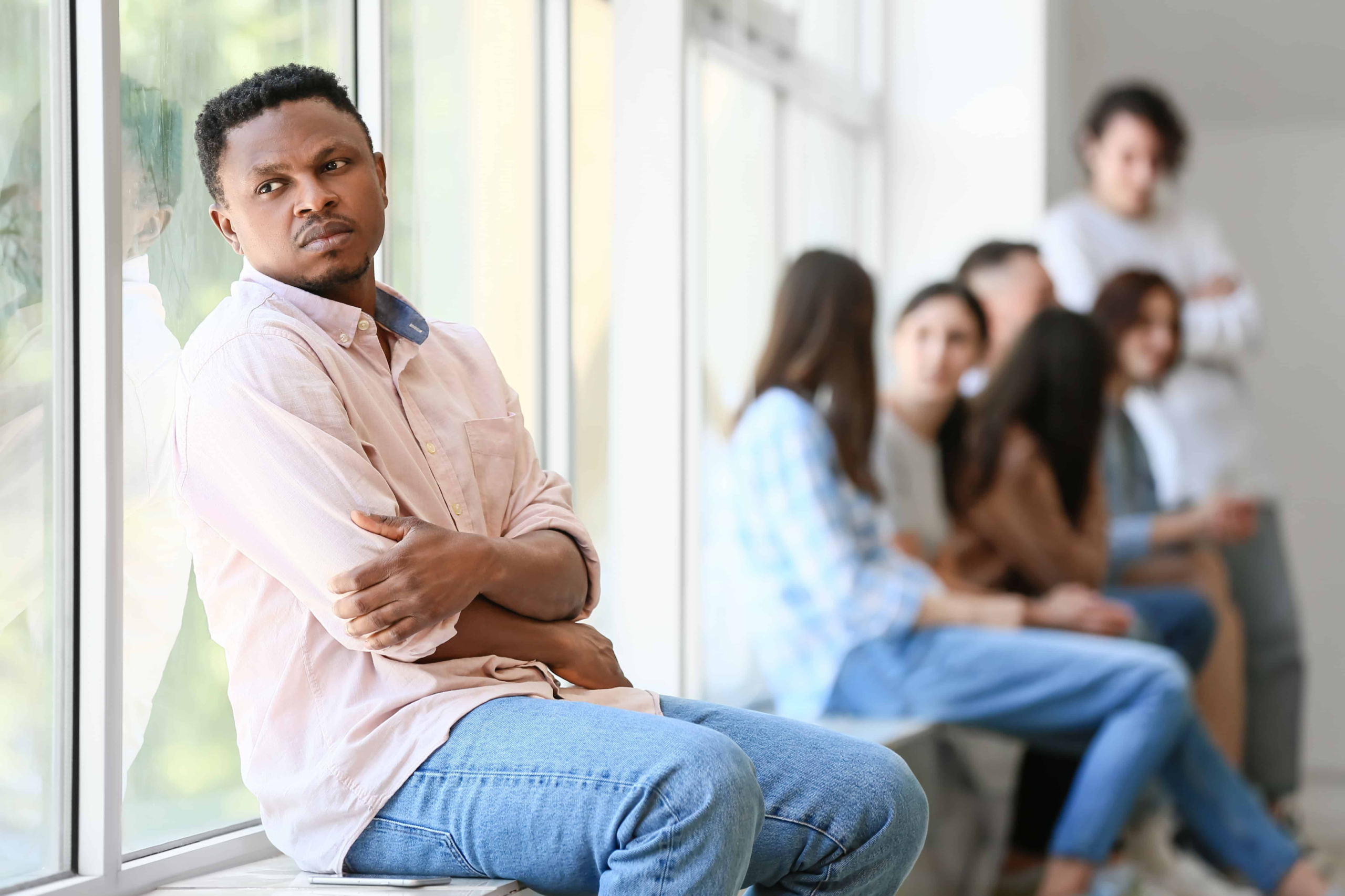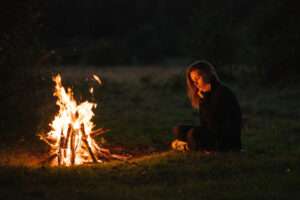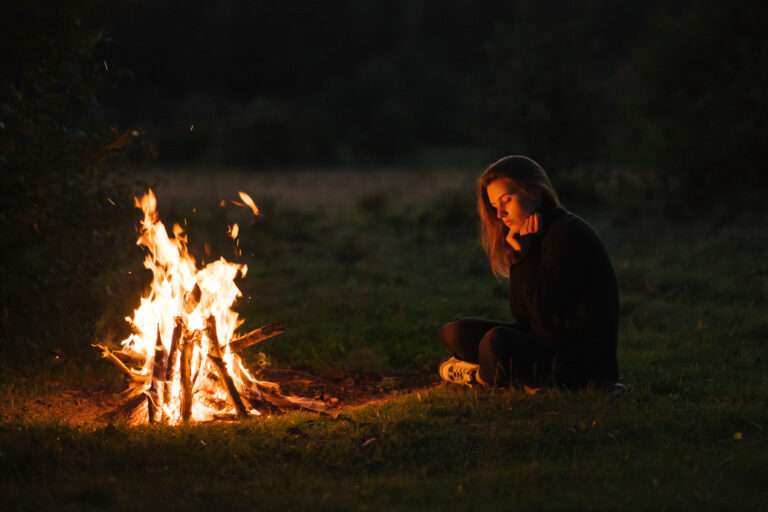Some of you may already have good friends and are here to sharpen your friendship skills, while others may seek ways to cultivate healthy friendships. Regardless of where you stand, life has opportunities to enhance our relationships. We’re all on a journey of learning and growth, continually building and nurturing new friendships as we go.
Despite the significant benefits of having friends for our well-being, building and sustaining friendships can be challenging and may not come naturally to everyone. Even otherwise competent and capable individuals may find it difficult to make new friends. It’s a skill that requires effort and practice, and many of us face obstacles along the way.
Why do I feel like I can’t make friends?

In a recent OZY article, readers were asked about their experiences with making new friends. Almost half of them admitted to finding it challenging, especially as they’ve grown older. They shared that they’ve become more selective about:
- how they spend their time
- less willing to try new things
- more cautious about trusting others
For those who move frequently or travel often, the task of making new friends can be even more daunting. John Cacioppo, a social neuroscientist renowned for his research on loneliness, discovered through his work that humans have an innate evolutionary tendency to err on the side of caution when it comes to potential friends. In an interview with The Atlantic in 2017, he explained:
“If I make an error and detect a person as a foe who turns out to be a friend, that’s okay, I don’t make the friend as fast, but I survive. But if I mistakenly detect someone as a friend when they’re a foe, that can cost me my life. Over evolution, we’ve been shaped to have this bias.”
It’s logical to assume that we’d be extra cautious in unfamiliar surroundings, especially in a bustling city.
What is Dunbar number theory?
He discovered that for human mental health, we can maintain relationships with about 150 individuals, including old friends, kids (yes, yours), colleagues, workout buddies, neighborhood/ community members, local groups you participate in and even acquaintances.
With all these connections, it’s easy to feel overloaded. This highlights the challenge of balancing our need for social connections, which is crucial for survival, with the difficulty of meeting and trusting new people.
Why does the Dunbar number theory matter when it comes to new friends?
Enter the Communicate Bond Belong Theory or CBB theory. The CBB theory suggests that all social interactions demand energy, but not all fulfill our need for connection.
Hence, making new friends involves a constant balancing act, where we weigh investing and conserving our social energy while adapting to various environments and responsibilities. It’s not just about intuition; it’s a strategic process.
We’re constantly weighing whether to invest time in finding friends as adults or if we should maintain friendships, all while considering potential safety concerns. In summary, we’re busy and overwhelmed.
And it’s not just a “that’s life!” situation; it’s a real neurological challenge. Being more conscious of this process can greatly benefit our goals of having good friends.
The final reason it’s so hard to make friends as an adult

Our self worth
Certainly, overwhelm isn’t the whole story. Our own self-worth can be a draining presence, too. A significant portion of effective strategies against loneliness is focusing on addressing our internal struggles.
In other words, it’s about improving our understanding of others. The most effective approach for those who find it hard to make new friends is addressing their negative self-perception, which affects how they interpret social situations. They often believe people dislike them or don’t want to be around them.
Missing Social Cues
And for some another significant challenge is missing social cues. We may not realize when we’ve unintentionally said or done something that upset someone else, and we continue on, oblivious to the situation. This can be a struggle with social skills.
That broad category encompasses all the spoken and unspoken rules for navigating communication and interactions with others. It’s something that can be challenging for anyone.
Which is also the good news. Social skills are learned, not innate. Being good at making friends as an adult doesn’t come from a natural talent for socializing. I’ve been told I’m good at it, but I had to learn social skills!
If the main issue is your own self-worth, therapy can be really helpful. You might need to unpack some past trauma, especially related to how you were raised and how it’s impacting you now. Working on your attachment style, can also make a big difference.
If it’s mainly about improving your social skills, we suggest focusing on initiating and maintaining conversations, connecting with empathy, learning how to be a good listener and asserting boundaries. You can also benefit from exploring resources like books or videos on nonverbal communication, such as facial expressions and body language.
If you find body language challenging, consider reading Joe Navarro’s book “What Every Body Is Saying.” It’s helpful even if you’re already good at reading body language and could be a lifesaver if you struggle with it.
How do you realistically make friends?

Making friends might seem tough, but it’s absolutely doable. Let’s revisit the two main factors when it comes to making friends:
- Individual factors: our personality, beliefs, values, approachability, and social skills
- Environmental factors: who we’re physically surrounded by based on where we live, where we go, and what we do.
But how do we start making friends? Let’s go back to Dr. Cacioppo and his loneliness research. He devised an acronym to help people find new friends: EASE. He chose this acronym because we must ease ourselves into making friends, especially if we’ve been flying solo for a while.
E means extend yourself.
Here are some ways to extend yourself:
- Start saying yes to invites.
- Make casual open invitations to people, like “Anyone want to walk to Starbucks with me?”
- Take a different route to work, make eye contact, and greet people.
- Hang out at a new coffee shop.
- Give compliments.
- Engage with people on social media.
- Simply do something different from your usual routine.
A means have an action plan.
There are two aspects to this. First, mentally prepare yourself to accept that not everyone will want to be your good friend and that a declined invitation is not a rejection of you as a person.
Second, have a plan in place to make new connections, such as scripts for conversation starters. By starting with small, low-risk interactions, you can avoid the mental fatigue of complex action plans and who knows you might find a new friend!
S means seek collectives.
Look for groups of people who share similar interests and activities. This is my top advice for anyone looking to make friends as an adult. Since our time is limited, investing it in things we enjoy or want to explore is best when looking to make friends as an adult. For example, taking a class can lead to meeting new people, plus if you’re interested in pottery making, it’s a win-win. Even if you don’t make new friends, you will have a fun experience.
Volunteering for causes you care about is another way to pursue friendships while making a positive impact. You can also expand your social circle by attending shows, open mic nights, spiritual gatherings, or meet-ups for activities like watching movies.
E means expect the best.
Approach new social situations with a positive attitude. Keep an open mind, make eye contact, and be welcoming. Your facial expression can make you more approachable, so try to appear friendly and relaxed.
This mindset helps counteract our natural tendency to be wary of social threats. Think about people you’ve met who seem safe and friendly – how can you embody that openness and acceptance? Now, go ahead, schedule something fun on your calendar and find your true friends!
How to make new friends online?

There’s growing worry that our use of social media and online groups might isolate us, making us lonelier and less empathetic. Some fear these virtual connections aren’t as meaningful as in-person friendships and can harm our ability to form genuine relationships.
The concern about technology isn’t new; it’s been around since ancient times. Even Socrates worried about the invention of written language, fearing it would weaken our memories because we could rely on written records instead of remembering things ourselves.
Yep, it’s natural to fear new technology, but it’s also smart to consider both its pros and cons. Interestingly, studies on smartphone use over the past decade show that it hasn’t actually harmed our ability to connect with others. Nor is it the best thing ever. It’s just another way of being human.
Just like with anything else, how we use all this extra connection counts. The key is to view online platforms as a starting point. Start by connecting through social media, then aim to build deeper connections one-on-one, and ideally, meet in person.
Join online groups
You could start by joining a hiking group on Facebook, then meet up with everyone for a weekend hike. Or, try joining a local Zoom support group and swap numbers with someone who shares similar interests.
Naturally meeting others face to face may not be possible, but having individual and authentic on- line connections with others who share your same interests and experiences absolutely still counts.
Suppose it’s on some social media network because you’re all spread out across the planet; that works, too. Research shows that being online is linked to less loneliness when used like this. But when social media (and the internet overall) becomes a destination instead of just a stop along the way, we end up feeling lonelier than before.
Conclusion
Friendship is all about being seen and accepted by others, so when we interact online in a non-authentic manner, it makes us feel terrible. Presenting a fake version of ourselves might give us a temporary ego boost, but it doesn’t lead to a genuine connection. Furthermore, if we find ourselves endlessly scrolling or checking our inbox with other people, especially our best friends, there might be a problem.
And here’s another piece of advice: think carefully about what you share and with whom. Sharing your vulnerabilities is tough enough in person, but once it’s online, there’s the added risk of screenshots and permanent records.
Or, if you’re pretty open on social media, you might face issues with schools and employers later. Many of my clients, especially younger ones, share that finding their community online has been a lifeline for their social anxiety.
And I completely agree with them. However, it’s important to remember that just because you trust others online doesn’t mean they’re trustworthy. Having a digital record of interactions raises the stakes, and you deserve safe and trustworthy friends as an adult, regardless of how you became friends.












